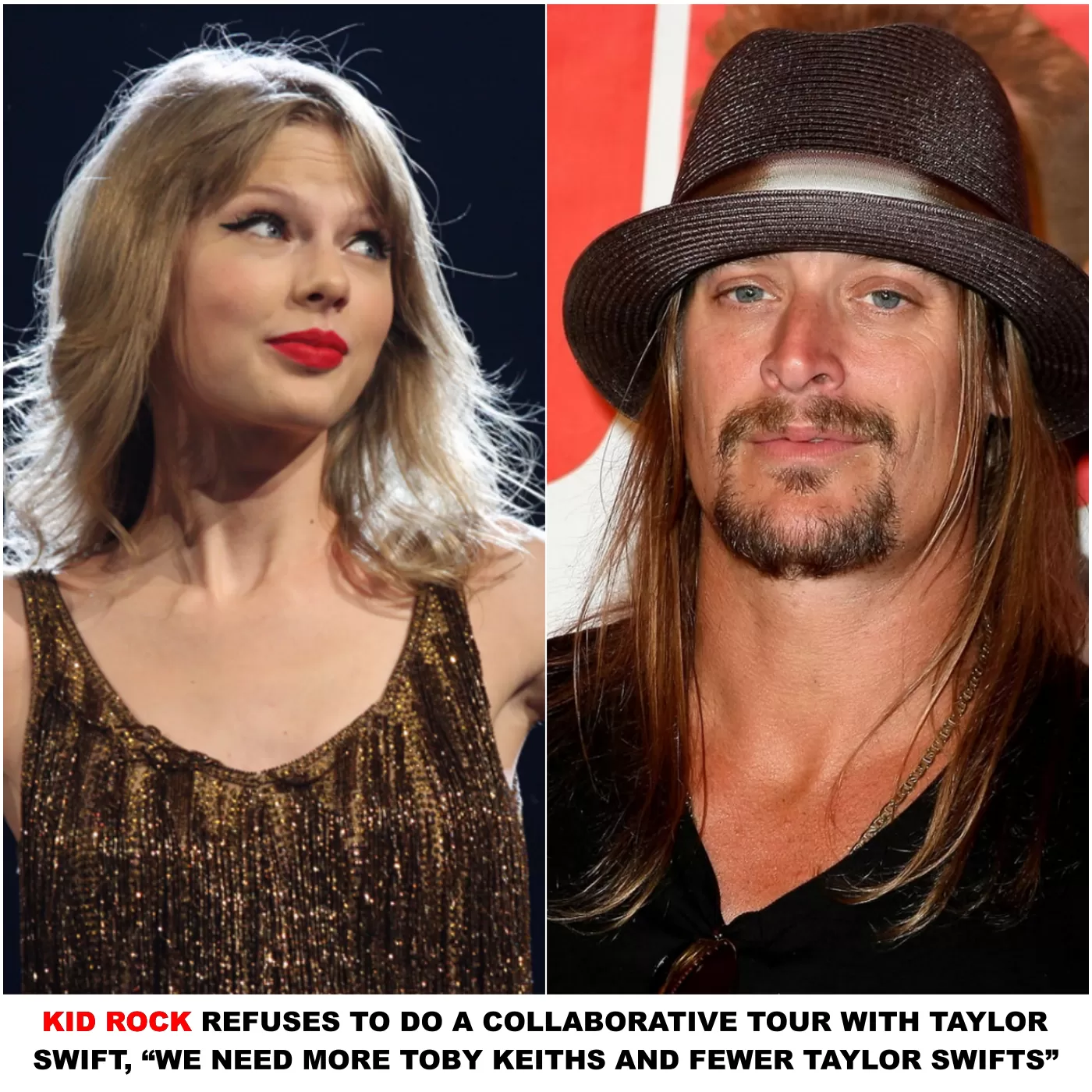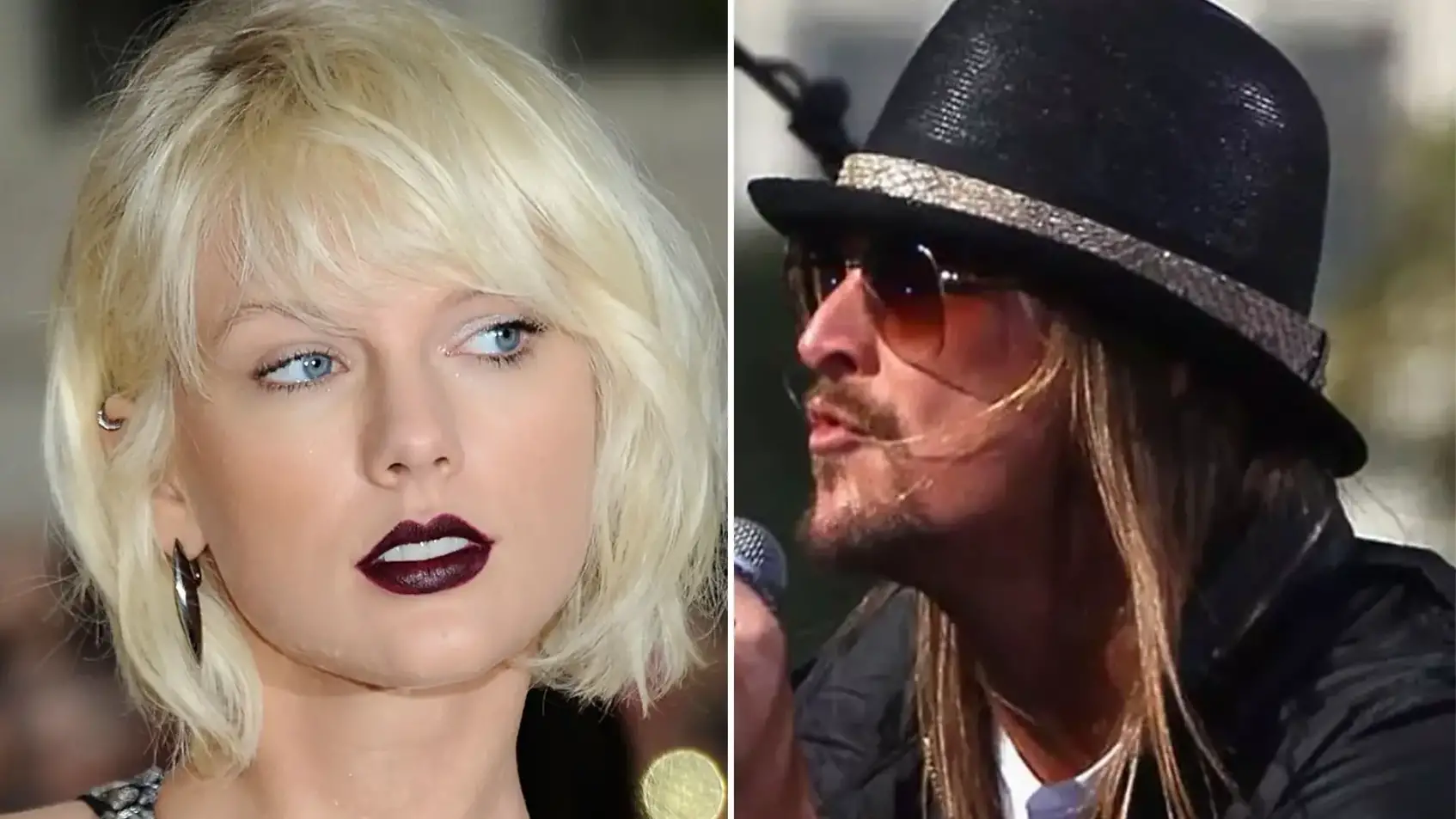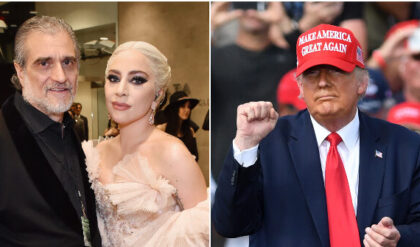
Kid Rock’s comments reflect his long-standing alignment with a rugged, unapologetically American brand of music that merges rock, country, and hip-hop. With albums like Devil Without a Cause and Born Free, he has cultivated a persona that appeals to fans who value a no-nonsense approach to storytelling and themes rooted in heartland values. Meanwhile, Taylor Swift, with her massive following and genre-bending discography, represents the increasingly mainstream and pop-oriented direction that contemporary country music has taken. The stark contrast between their fan bases and musical ethos is indicative of a broader shift that has ruffled feathers among traditionalists like Kid Rock.
Kid Rock Refuses Collaborative Tour with Taylor Swift: “We Need More Toby Keiths and Fewer Taylor Swifts”
Introduction
In the ever-evolving landscape of music, collaborations between artists often lead to exciting new sounds and broader audiences. However, not every artist sees eye to eye on this trend. Recently, Kid Rock made headlines by refusing to embark on a collaborative tour with pop superstar Taylor Swift, stating, “We need more Toby Keiths and fewer Taylor Swifts.” This statement has sparked significant discussion about the current state of music, the cultural divide between genres, and the values that artists choose to represent.
The Context of the Statement
Kid Rock, known for his eclectic blend of rock, country, and hip-hop, has never shied away from expressing his opinions, often stirring controversy with his remarks. His comments about Taylor Swift resonate with a deeper cultural commentary about the music industry. Swift, who has made a name for herself with catchy pop anthems and heartfelt ballads, represents a different musical ethos compared to Toby Keith, who is celebrated for his patriotic themes and traditional country sound.
Rock’s statement can be seen as a reflection of his preference for a more traditional, “authentic” form of country music, which he associates with artists like Toby Keith. This juxtaposition raises questions about the evolution of country music and the broader implications of genre blending in today’s music scene.
The Divide Between Genres
The music industry has witnessed a significant transformation over the past few decades, with genres increasingly blending and artists crossing traditional boundaries. Taylor Swift, for instance, began her career in country music before transitioning to pop, which has earned her both acclaim and criticism. Her ability to connect with a diverse audience has made her one of the biggest stars in the world.
In contrast, Kid Rock’s preference for artists like Toby Keith signifies a longing for the roots of country music, which often emphasizes storytelling, simplicity, and themes of American life. This divide between the commercial success of pop-infused artists and the traditional sounds of country raises interesting questions about authenticity in music.
Cultural Commentary
Kid Rock’s comments also reflect broader cultural sentiments in America. The country music genre has often been a space for expressing national pride and conservative values. Toby Keith, with hits like “Courtesy of the Red, White and Blue,” embodies this spirit, appealing to listeners who value traditional Americana.
On the other hand, Taylor Swift’s narratives often explore themes of love, heartbreak, and self-discovery, appealing to a more diverse audience. Rock’s remarks could be interpreted as a call to return to a more straightforward, patriotic expression in music, resonating with fans who feel disconnected from the pop landscape.
Reactions from Fans and Industry Peers

The backlash to Rock’s comments has been swift, with fans and fellow artists taking to social media to voice their opinions. Some defend Kid Rock’s perspective, arguing that music should maintain its roots and authenticity. Others criticize his stance, claiming it reflects a narrow-minded view of artistic expression.
Swift, known for her diplomatic responses to criticism, has yet to publicly address Rock’s remarks, focusing instead on her music and fans. However, the situation highlights the ongoing tension between artists who embrace genre fluidity and those who champion traditional forms.
The Future of Collaboration
While Kid Rock’s refusal to tour with Taylor Swift may be rooted in personal preference, it underscores a larger conversation about collaboration in the music industry. As genres continue to merge and evolve, the question remains: can artists with differing philosophies find common ground?
Collaborations can be powerful, allowing artists to reach new audiences and blend their unique styles. However, as Rock’s comments suggest, there is also a desire for artists to stay true to their roots and the values they represent. This tension is likely to continue as the music industry navigates its ever-changing landscape.
Conclusion
Kid Rock’s rejection of a collaborative tour with Taylor Swift reflects more than just personal preference; it highlights the cultural and musical divides present in today’s music scene. As the industry evolves, the debate between traditional sounds and modern influences will persist, shaping the future of music in America.
Ultimately, whether one aligns more with Kid Rock or Taylor Swift, the conversation they spark is essential. It invites listeners to think critically about the music they consume, the values it represents, and the diverse array of voices that contribute to the rich tapestry of the music industry. As artists continue to explore their identities and influences, the hope is that the dialogue will foster understanding and appreciation across genres.
